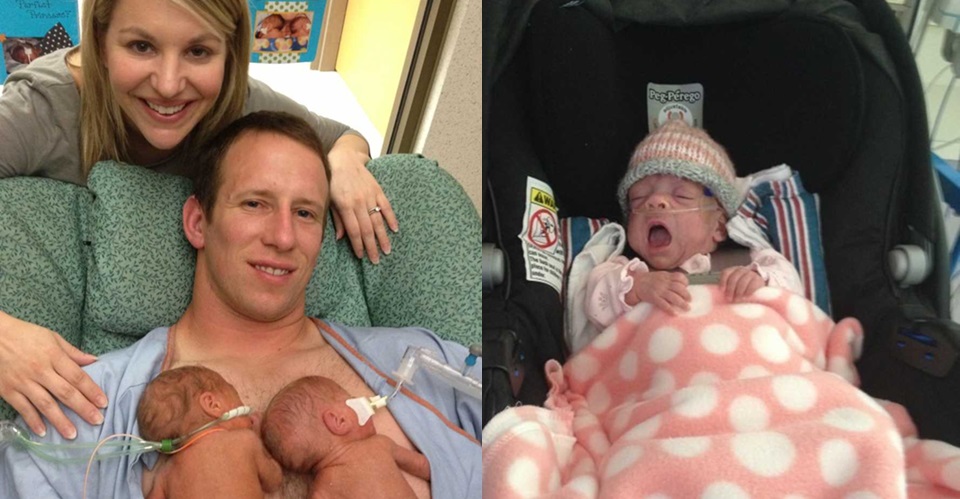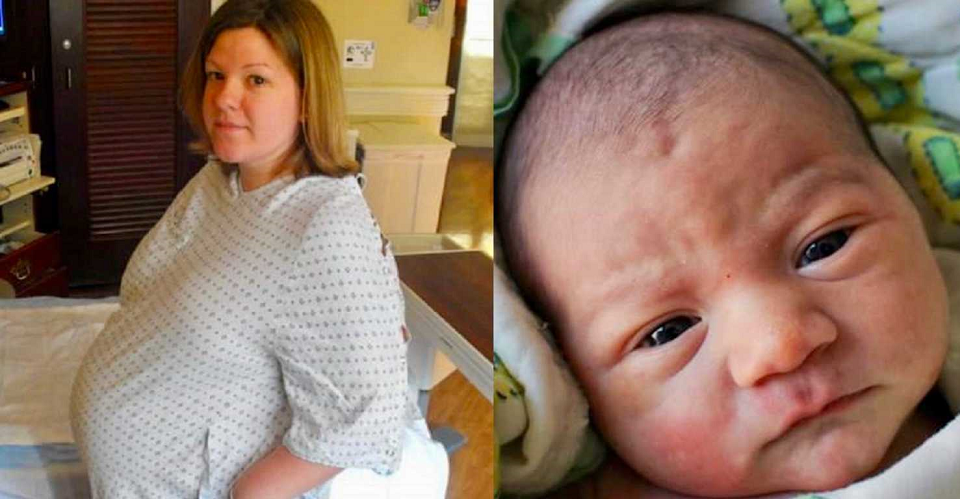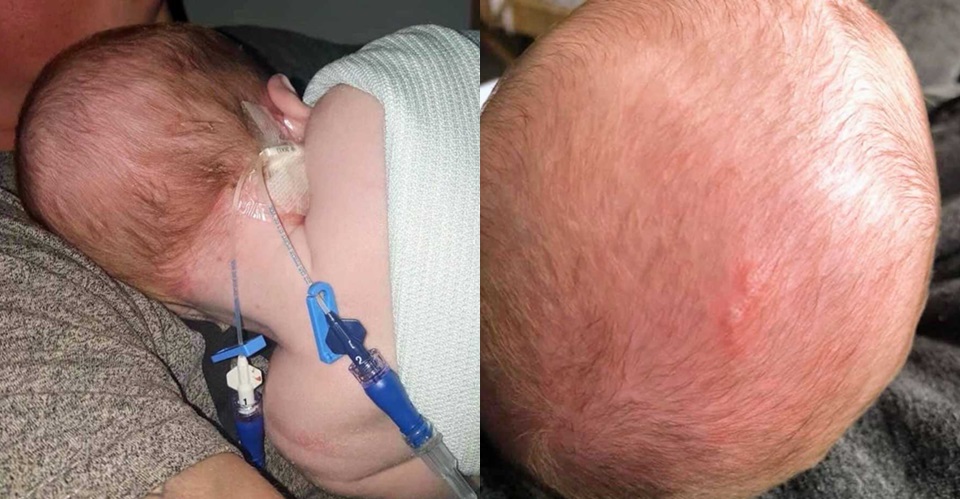A quiet kind of magic inside a NICU hums beneath the beeping of machines and the steady rhythm of tiny heart monitors. It’s not the place most people expect to know, yet it became a devastating and beautiful world for one mother. It’s where her triplets came into the world far too soon, and where she met the people who would become her lifeline, the NICU nurses. The day after giving birth, still raw from the pain of losing her first child, she woke up in an ICU bed. Her body ached, her mind was foggy, and her arms were painfully empty. She couldn’t see her two surviving babies, so the NICU nurse brought the babies to her, the only way possible, through photos. Those pictures, small glimpses of life wrapped in tubes and blankets, became her first connection to the miracle she’d helped create.
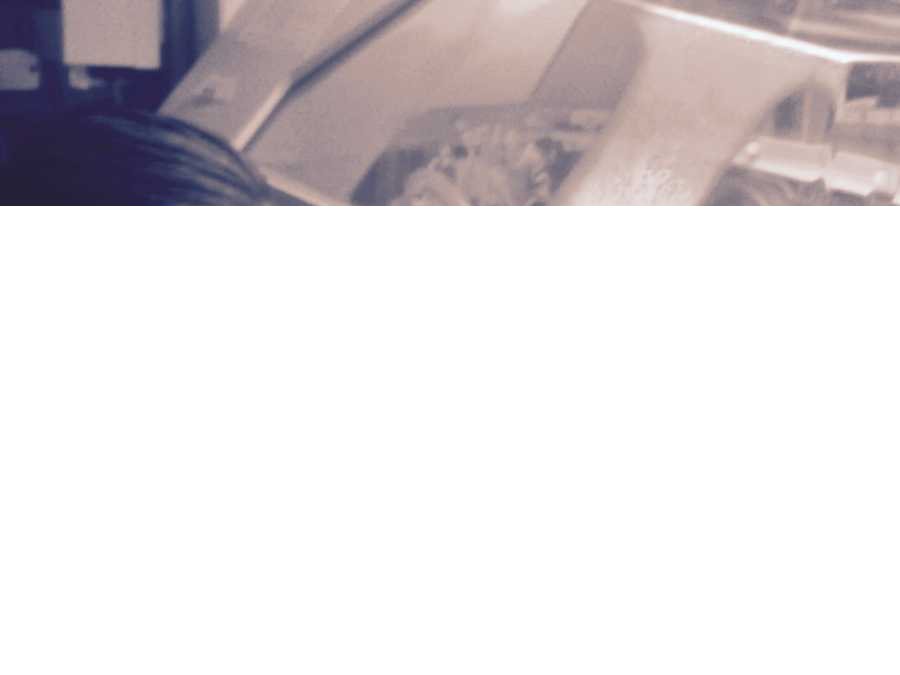
When she finally saw her babies in person, they looked impossibly fragile. Their skin was almost translucent, their bodies barely the weight of a loaf of bread. Guilt hit her in waves; she couldn’t shake the thought that her body had failed them. However, the NICU nurses never let judgment creep into their words or eyes. They offered compassion instead of pity, reassurance instead of blame. They spoke softly, their movements calm and deliberate, as if steadiness could be borrowed just by watching them.
An old nurse asked if she was ready to hold her daughter. Ready wasn’t the word; terrified was. What if something went wrong? What if she wasn’t gentle enough? But the nurse guided her through it, helping her cradle that one-pound baby against her chest. It was the first time she felt her child’s warmth, the first time she believed that maybe, just maybe, there was a chance. That moment carved itself deep into her memory, more permanent than any scar.
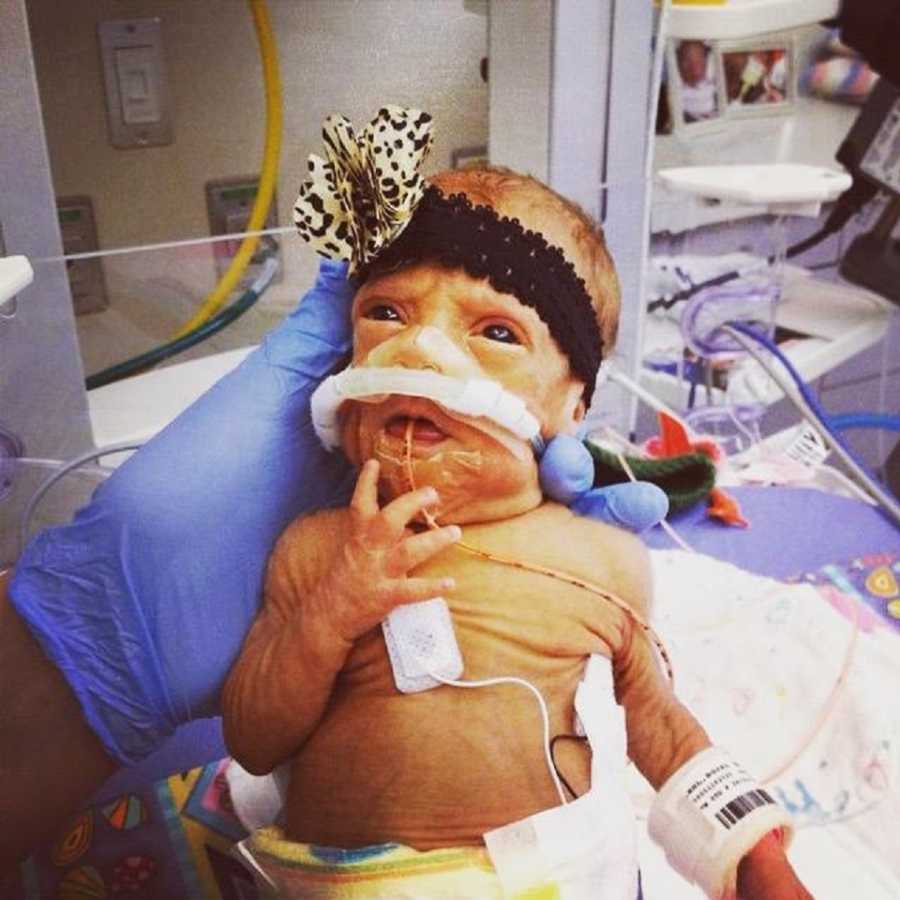
Weeks blurred together inside that sterile, humming world. One afternoon, sitting in a conference room under harsh fluorescent lights, the parents were told that their son had suffered brain damage. The words hung in the air like heavy smoke. She glanced over at the NICU nurse, and the empathy in her eyes was almost too much to bear. Back in the babies’ room, she broke down. The nurse didn’t say anything profound or try to fix the unfixable. She handed over a tissue, rested a hand on her shoulder, and let her cry. Sometimes silence says more than words ever could.
Two weeks later, their son’s fight ended. The nurses were there again, surrounding the family with the quiet love that doesn’t need to announce itself. They handled the painful details no parent should ever face, removing tubes, taking last photographs, giving them time to say goodbye. Some called in on their day off, to check in. Some cried with them. In that moment, the nurses weren’t just caregivers but witnesses to unbearable loss and enduring love. Then came the turn, the minor miracle that would carry them forward. Their surviving daughter began to grow stronger. The NICU nurses celebrated every milestone as if it were their own victory, every ounce gained, every tube removed, every sleepy smile. They dressed her in tiny clothes, snapped photos, and laughed when she kicked or scrunched her face. They made room for joy in the middle of a place built for survival.
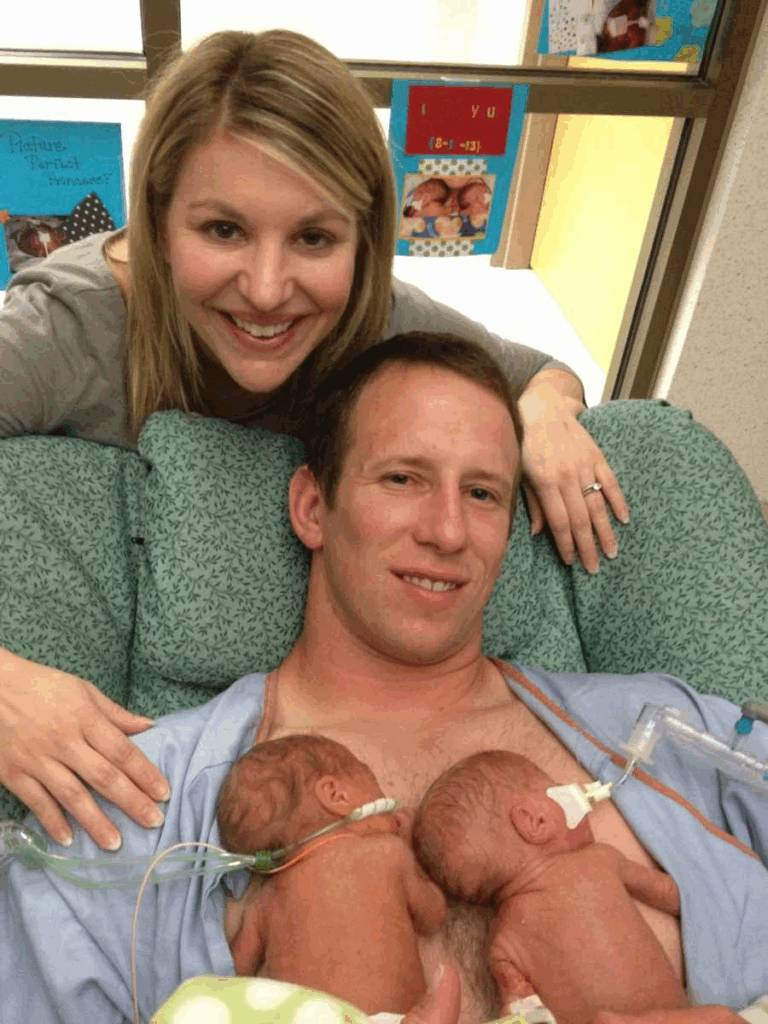
When the day finally came to take their baby home, the family was flooded with mixed emotions. Excitement tangled with sadness. Leaving the NICU felt like leaving a second home, a strange, sterile, miraculous home filled with people who had seen them at their weakest and still treated them with unwavering kindness. The nurses lined up to say goodbye, smiling and cheering, though tears glistened in their eyes. It wasn’t just one nurse or one act that changed everything. It was all of them, the entire team of NICU nurses who had stood guard over those tiny lives day and night. They were more than medical professionals; they were stand-in parents, protectors, and sometimes even friends. They carried the weight of hope and heartbreak with grace.
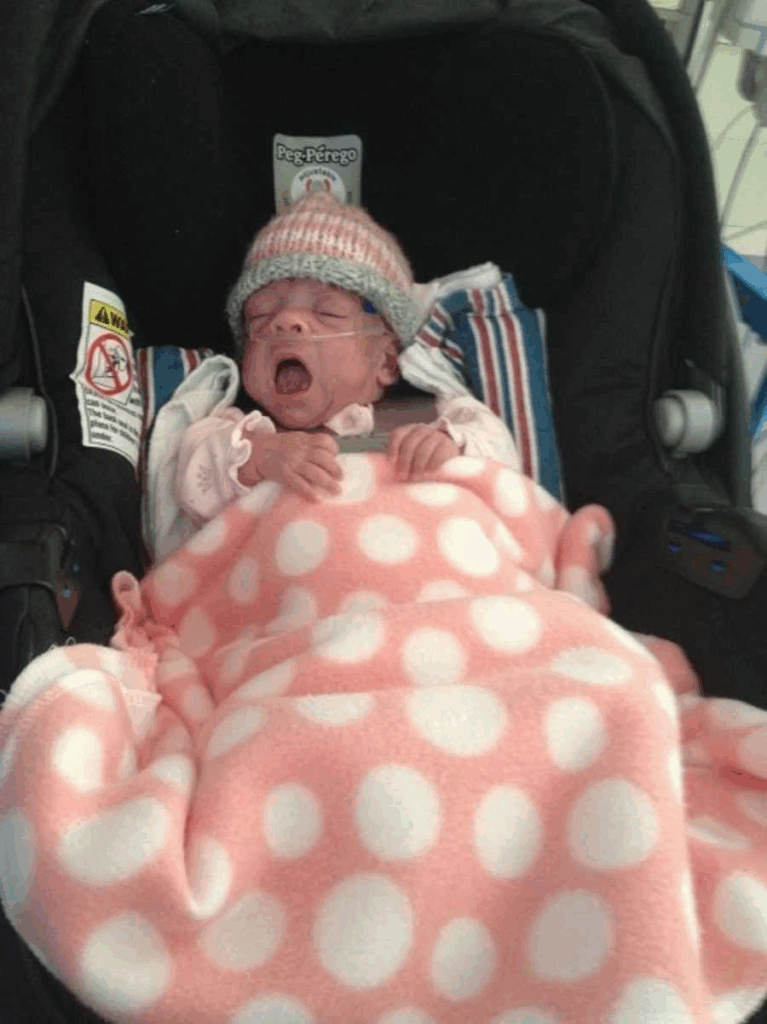
For that mother, the NICU would forever be sacred ground. It was where she faced both her most profound sorrow and her greatest miracle. And at the heart of it all were the nurses who stayed steady when everything else fell apart. They were the quiet heroes who didn’t wear capes or seek recognition, just scrubs and tired smiles, and somehow managed to hold entire families together when the world came undone.
